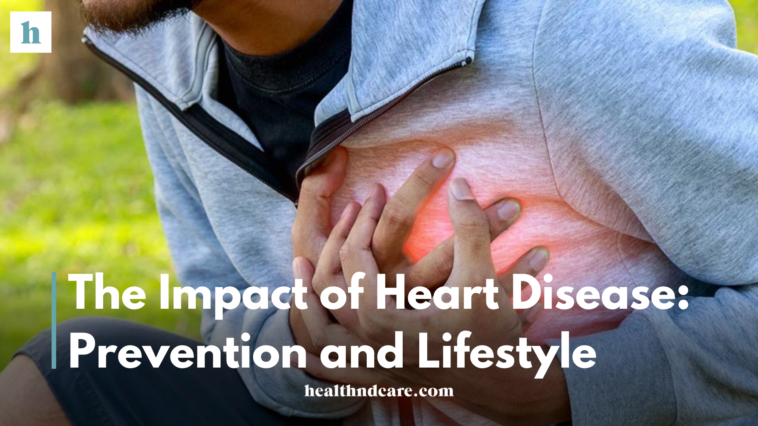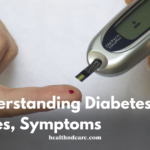Heart disease is one of the most killers diseases and kills millions every year. Understanding its threat and addressing it by changing our lives is important. Because heart health is intimately connected with the general health.
There is More to Heart Diseases
Any of the heart problems include heart attack, damage to the coronary arteries and arrhythmia. Which can result from various root causes including genetics, aging, and lifestyle choices. According to World Health Organization, heart disease takes at least 17.9 million lives per year making it clear. How vital it is for awareness and prevention of heart diseases.
Risk Factors
There are a number of risk factors that increase the chances of heart disease:
High Blood Pressure: Precisely called the silent killer. It can be life threatening since it destroys blood vessels and the heart gradually.
High Cholesterol: High LDL levels could build plaques in arteries blocking blood flow
Smoking: Causes severe blood vessels damage and increases blood pressure.

Diabetes: A condition where blood sugar levels are left uncontrolled carries a risk of heart diseases.
Obesity: People with excessive body weight are at a greater risk of getting cholesterol, hypertension and diabetes.
Sedentary Lifestyle: Physical inactiveness promotes obesity and depresses the heart’s output.
The Importance of Intervention
One of the proactive approaches to heart diseases is making heart-healthier choices which allows the risk factors to be reduced. If intervention is emphasized, it results in the better health state and hence a quality life.
Timely Intervention
There are risk factors, which if uncontrolled can be fatal, that regular medical check-ups can help prevent. Regular measuring of one’s systolic and diastolic blood pressure as well as cholesterol and blood sugar levels can help the individual know his/her status with regard to heart health. Family histories can be very relevant when associated with a medical professional.
Those with loved ones should let them know how much they can eat and why. Nutrition and diets are key.
In order to avoid cardiovascular diseases, it is something very important to have a heart-centered diet. Below are several things one can bear in mind when making food choices:
Embed Fruits and Vegetables: In terms of colors and types, eat the annoying multiply. It is important to have variety.
Go for the Whole Grains Though: It is more beneficial to choose whole grains instead of refined grains in order to increase fiber content and therefore, enhance heart health.
Decrease Saturated and Trans Fats: Red meat, full-fat dairy and preservatives, processed food should be avoided as much as possible.
Limit sodium intake: High but not greater than 2300mg per day sodium consumption is regarded as best because of mitigating high blood pressure.
Opt for Lean Proteins: Incorporate fish, fowl, beans, and nuts as they are healthy sources of protein.
Physical Activity

Regular physical activity cannot be stressed enough when it comes to heart health. According to the American Heart Association, a person should engage in 150 minutes of moderate aerobic activity or bring it up another notch and engage in a vigorous activity of around 75 minutes in a week. These range from walking, jogs, swimming, and cycling among others as they would help to add strength to the heart, lower blood pressure and even assist in weight management.
Smoking Cessation
It is worth talking about how smoking cessation compared to other activities is perhaps one of the best lifestyle activities to engage in in turns of improving heart health. Many people can be helped along the way to quit smoking with the help of counselors, support groups that can offer the due help required for maintaining this.
Stress Management
There is an emerging concern concerning chronic stress and its effects on heart health. However, practicing stress management techniques such as mindfulness, and possibly through yoga, meditation, or engaging in deep-breathing exercises can definitely improve emotional health and reduces the likelihood of heart ailments developing.
Conclusion
Heart disease is definitely the top nonspecific disease that poses a public health threat however, it is very much possible to prevent this diseases majorly through lifestyle changes coupled with proactive health strategies. With a heart-healthy diet, physical activities, and stress management, heart disease can be greatly reduced. It simply calls for individuals to be more aware of their health, put in place measures that will benefit them and the outcome will be a boost to health while promoting longevity.
Don’t forget that prevention is always better than cure – start now for a healthier future.



